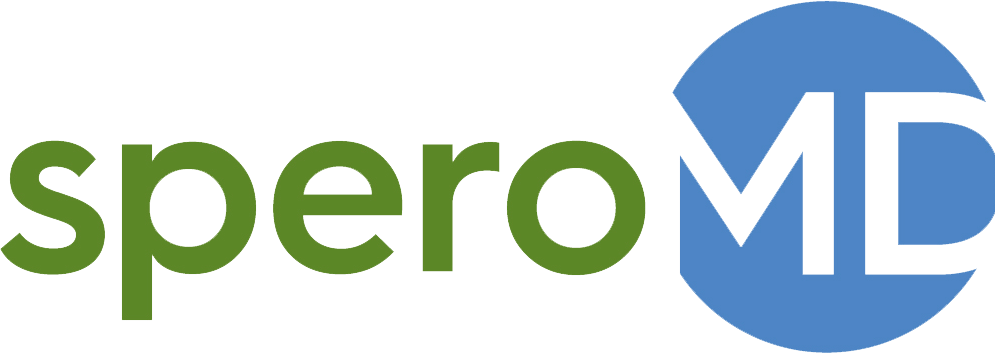4 Ways to Keep Your Coding Up to Date
The world of physician billing and coding can feel like it’s moving at the speed of light. Keeping your practice’s revenue flowing smoothly and efficiently means staying on top of payer guidelines and coding changes throughout the year. Falling behind can lead to significant income losses: The American Academy of Professional Coders has found that clinicians under-code over 15% of all claims, amounting to $23,000 in missed revenue for the average primary care physician.
What are some things you and your staff can do to keep up?
Leverage your specialty society: Join the email list of your practice’s specialty society and also periodically review the practice management and coding section of their website. This is usually a free service or a benefit of your physician’s membership, and you should definitely take advantage. Specialty societies keep up-to-date on relevant coding changes and Medicare rule updates, so why not let them read the thousand-page rule and distill it for you? Many societies also allow members 3-5 free coding questions each year.
Establish working relationships with your carriers and payers: Coding rules vary between Medicare carriers and private payers, and can often contradict each other. Signing up for carrier and payer email updates can help untangle the mess, but these communications can be sporadic. If your staff has go-to contacts in your various payers’ and carriers’ provider relations departments, you’ll find that it’s much easier to receive up-to-date billing information.
Attend your Medicare Administrative Contractor’s teleconferences/webinars: Keep an eye on your MAC’s website for a list of upcoming teleconferences or webinars, and see if they offer uploads of materials from previous conferences. They often include topics such as use of modifiers, enrollment rules, laboratory services and the overpayment process.
Update your coding manuals: ICD-10, CPT, and HCPCS codes are added, deleted, and revised every year. Up-to-date coding manuals are critical to ensuring that your claims are going out in the best shape possible. EHR software and encoders can’t always provide the detailed guidelines and cross-references that coding manuals from reputable sources feature, which can lead to charges being bundled, denied, or rejected from the clearinghouse before they even reach the payer.
